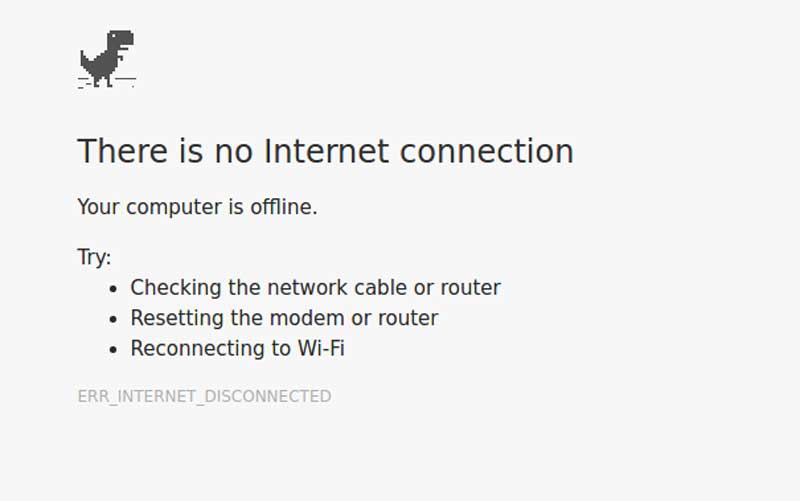
If you can read this article, then you are very lucky.
Bold Reporting Takes Time, Courage and Investment. Stand With Us.
- Unlimited access to all premium content
- Uninterrupted ad-free browsing experience
- Mobile-optimized reading experience
- Weekly Newsletters
- MPesa, Airtel Money and Cards accepted
